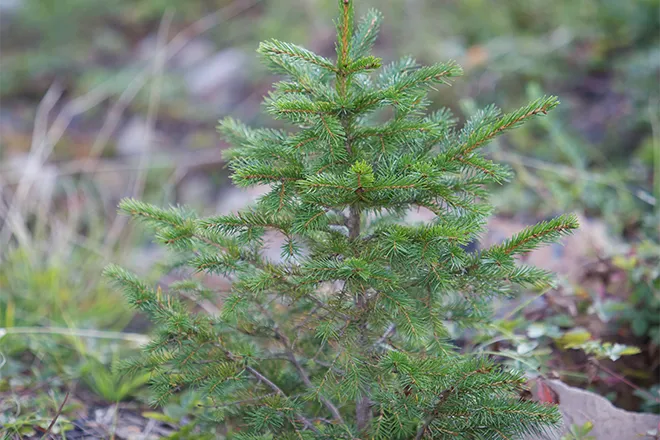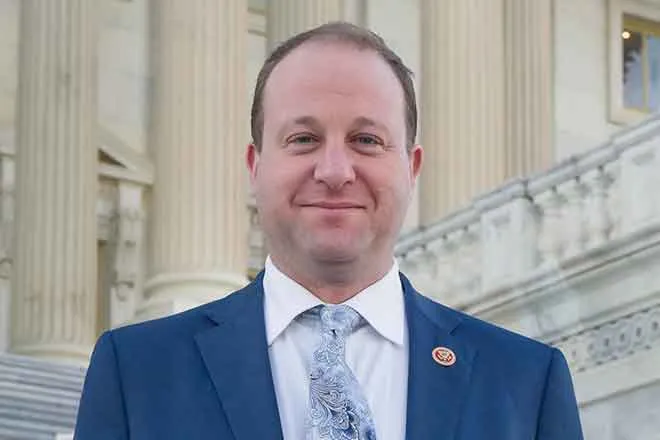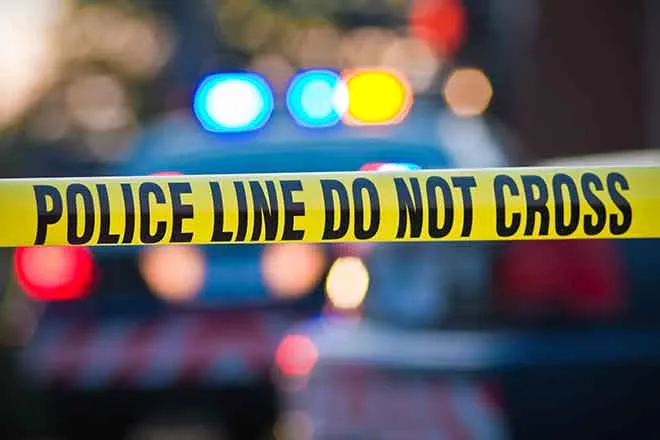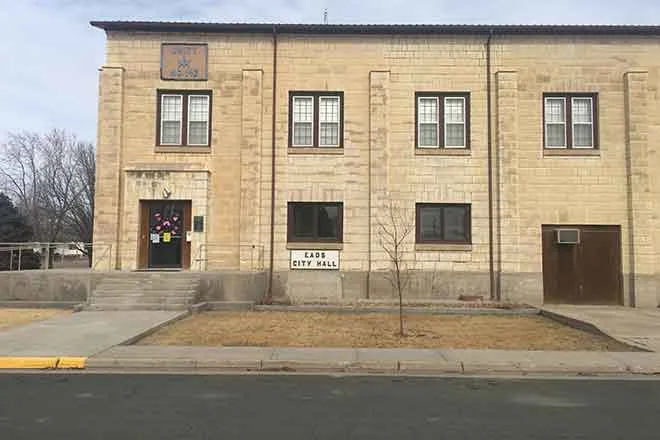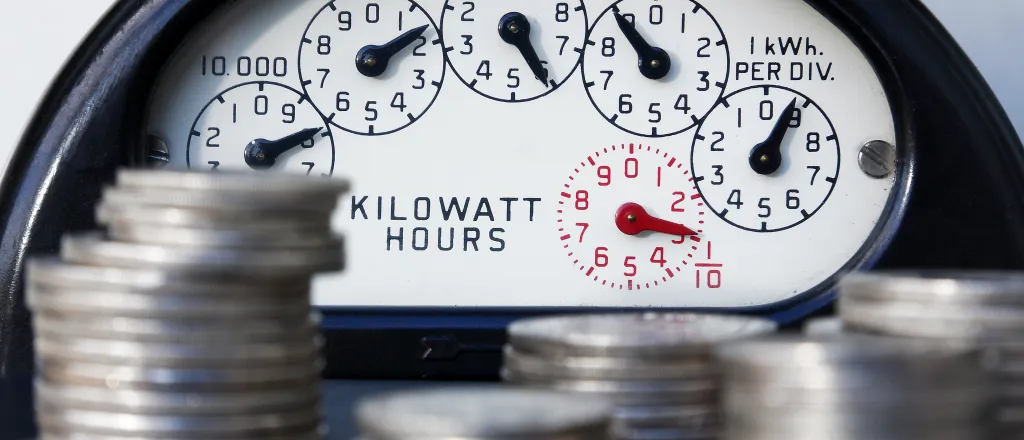
Winter heating assistance available to prevent utility cutoff
(Colorado News Connection) Coloradans are paying significantly more to heat their homes this winter, even before unrest in Ukraine sparked concerns about global fuel supplies. The price of natural gas is up by 10 percent, and propane is up 54 percent compared with last year, hitting the state's rural communities especially hard.
Denise Stepto, chief communications officer for Energy Outreach Colorado, said for some, while the increase may be painful, they can pay. But she added it is not the case for many others.
"Fixed-income, lower-wage earners, people who haven't recovered from the pandemic," Stepto outlined. "These are folks who were going into this situation in a vulnerable position to begin with, and these kinds of jumps month over month are really difficult to stay up with."
Stepto encouraged anyone worried they may not be able to pay their heating bills to contact their utility company right away, and start to negotiate a payment plan. People facing disconnections should call Energy Outreach Colorado's Heat Help Hotline, at 866-432-8435, and can also apply for assistance through the Colorado Low Income Energy Assistance Program.
The help line is logging about 8,000 calls per week, and rising. As of last week, 328 people have had their utilities disconnected, and 267 have reported running out of heating oil or propane and cannot afford to fill the tank. Stepto said it is happening even for people who put in the effort to blunt the impact of rising fuel costs.
"They did some weatherization, they've really tried to work on modifying their behavior, adjusting their thermostat," Stepto explained. "And what's happening is that people are experiencing $50-$100 of an increase and sometimes much more than that on their bill."
Since October, Energy Outreach Colorado has helped pay more than 10,000 utility bills, averaging about $560 each, to help folks get back on track. Stepto noted she has talked with many first-time callers, who say they have never had to ask for help before. She pointed out the challenge is not unique to Colorado, and is facing people across the U.S.
"You're not alone in this, there is a way to get help," Stepto emphasized. "And that help that's there, it is available for you, there is no shame in any of this. So it's a resource that you have to tap into."

